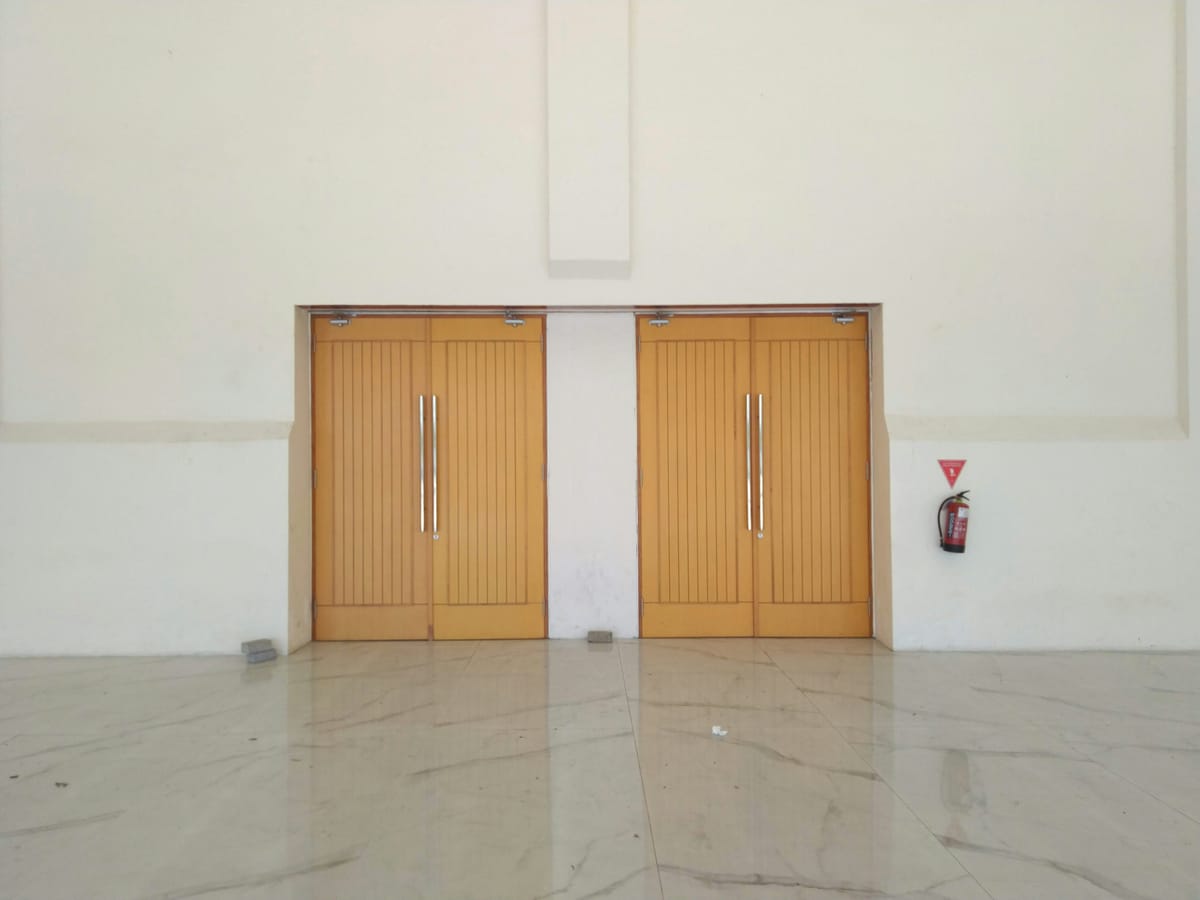Tennessee Public Meeting Access Case Heads Toward Supreme Court

Liberty Justice Center Plans Next Appeal
NASHVILLE, Tenn. — A public interest law firm is preparing to ask the U.S. Supreme Court to review a case on whether Tennesseans have a constitutional right to access certain government meetings.
The Liberty Justice Center, a nonprofit firm, represents Dan McCaleb, chief content officer at The Center Square, a Chicago-based news organization with Tennessee reporters. The firm announced plans to file a petition after the Sixth Circuit Court of Appeals ruled on Sept. 17 that citizens do not have a First Amendment right to attend the state’s judicial advisory meetings.
Reilly Stephens, senior counsel at the Liberty Justice Center, called the ruling disappointing. “The court ruled against us and said that actually, no, the committee's meetings do not need to be open to the public, which was a frustrating result,” Stephens said.
Background on Closed Meetings
The case focuses on meetings of the Tennessee Advisory Commission on the Rules of Practice & Procedure, which recommends court rules to the state Supreme Court.
Court documents show that meetings may have been closed as early as 2018, following a disruption by a member of the public. An official closure policy was issued in 2022 by Administrative Office of the Courts Director Michelle Long, citing security concerns.
Stephens argued that public access was wrongly removed. “This is a case where these were always supposed to be public meetings, always treated as public meetings, but then they were made non-public just because it became inconvenient,” he said.
Incidents and Lawsuit
In 2021, investigative reporter David Tulis was forcibly removed from a judicial conference advisory meeting after refusing to leave. He told officers he was there as a member of the press, insisting the meeting was a public function.
The Liberty Justice Center filed its First Amendment complaint in June 2022, seeking to reopen the meetings. A federal judge temporarily required public access in March 2023, but that decision was overturned in November 2024.
The Sixth Circuit affirmed the dismissal earlier this month. Writing for the court, Judge John K. Bush said the meetings were “advisory, not adjudicatory,” and thus not subject to the same First Amendment protections as trials. The opinion noted that while “sunlight is said to be the best of disinfectants,” the Founders also recognized “the benefits of sometimes keeping the window curtains closed.”
Push for Transparency
Stephens said the firm will ask the Supreme Court to ensure that government business remains open to the public. “Previously open meetings cannot be removed from public view just because it’s inconvenient to those in power,” he said.
McCaleb also urged the high court to step in. “When public business is discussed by individuals whose salaries are paid by taxpayers, the public should have a right to observe,” he told The Tennessean. “The fact that Tennessee’s Judicial Advisory Commission meetings used to be open to the public and the press but then were arbitrarily closed to public scrutiny should concern all Tennessee taxpayers.”
